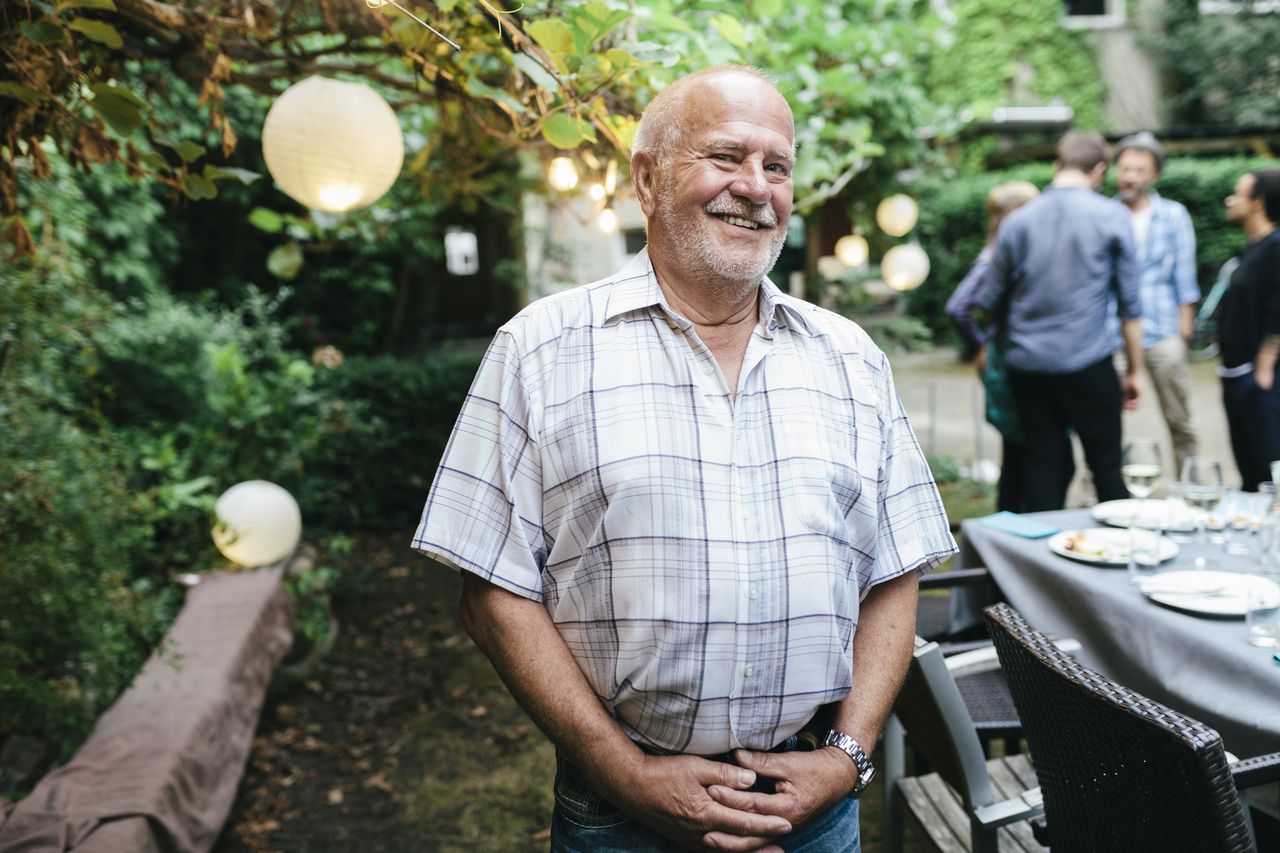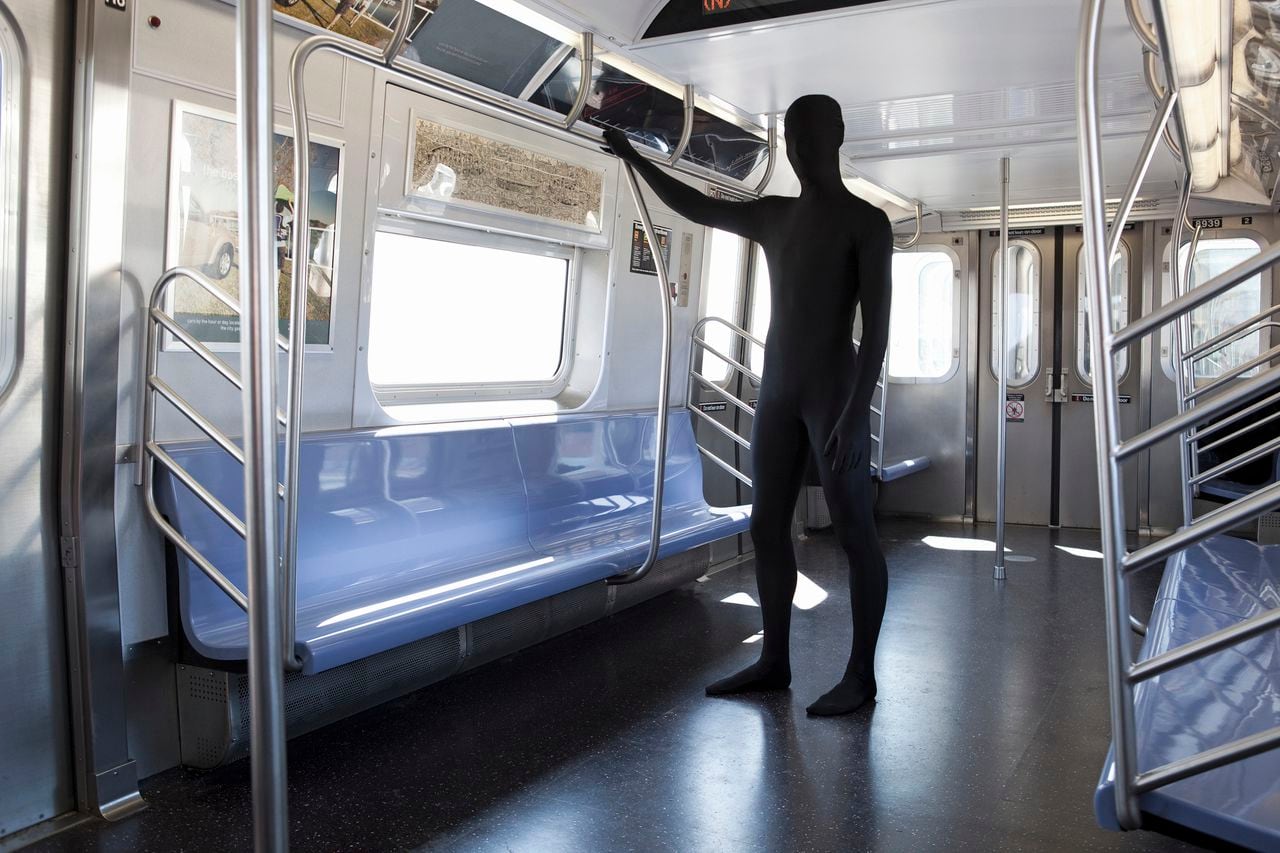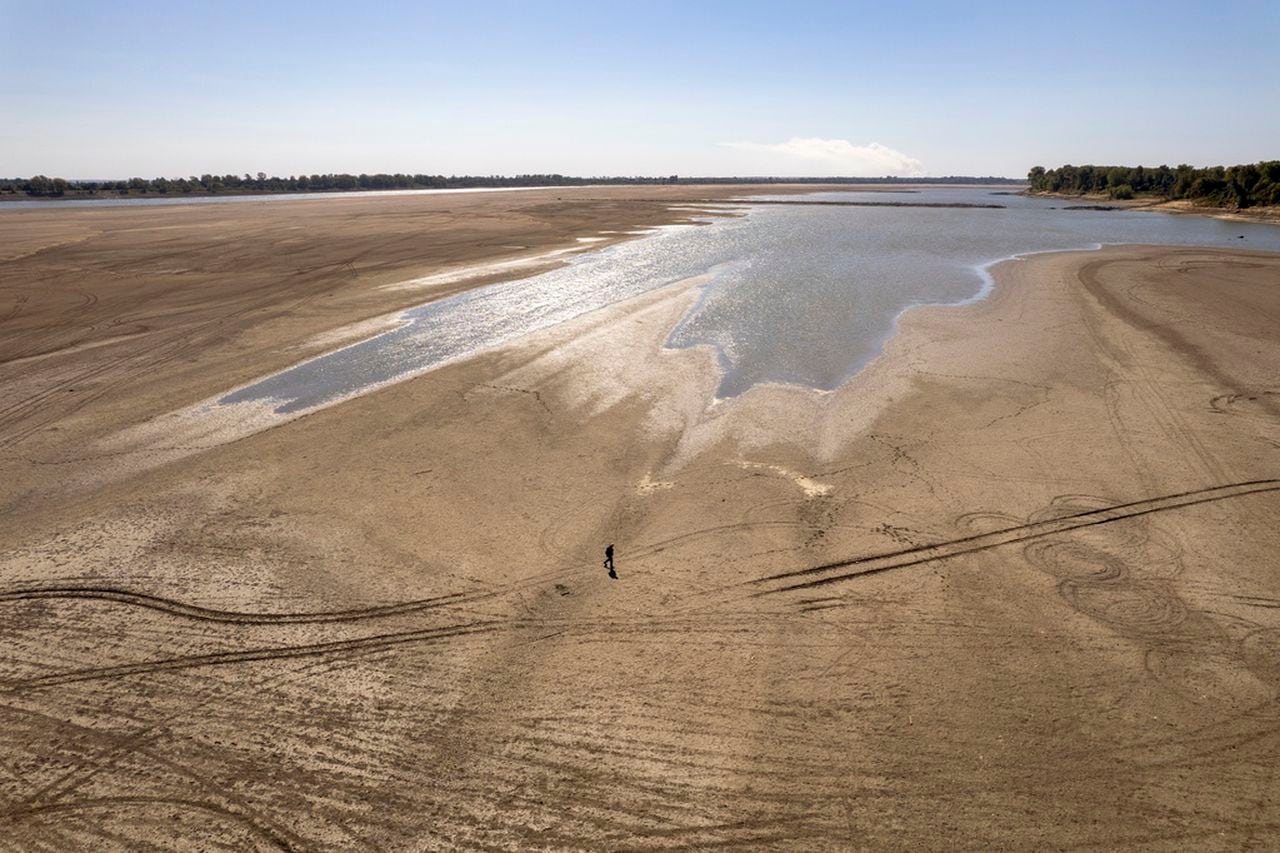Stand your butt up and fight!
“Stand your butt up,” shouted U.S. Sen. Markwayne Mullins (R-OK) during a congressional hearing Tuesday, in a moment that could have been confused for a call to arms against climate change. After all, the federal government’s damning Fifth National Climate Assessment was released that same day.
But alas, this wasn’t a Hollywood script where an unlikely hero emerges. Instead, Sen. Mullins, a self-proclaimed climate change denier, was calling for a sparring match, not against deadly and planet-warming emissions, but with a congressional witness. 82-year-old Sen. Bernie Sanders eventually defused the scene.
Later, Sen. Mullin, channeling his former mixed martial arts persona, mused nostalgically about how the country should return to violence to teach people a lesson.
But some other lessons and fights might be more beneficial to us and the elected officials who we pay to represent us.
This week in the Meltdown, we take a look at the crippling drought that has overcome the Southeast and the government’s latest climate change report. We also show you how to boost your self-esteem and how to be more than an observer of the chaos around you.
Drizzle
FILE – James Isaacks walks where the normally wide Mississippi River would flow, Oct. 20, 2022, near Portageville, Mo. Diverting Mississippi River water to states struggling with water scarcity isn’t a new idea. But mayors along the river may soon be voting to support a compact that could block such a diversion. (AP Photo/Jeff Roberson)AP
“You heard that Hank Williams lyric, ‘The Mississippi River, she’s a-goin’ dry?’” asked Louisiana’s commissioner of Agriculture and Forestry, Mike Strain. “That’s how bad it is. This is one of the most severe droughts we’ve seen, certainly in my generation. It’s happening in lots of places nationwide.”
There is exceptional and record-breaking drought up and down the 2,340-mile Mississippi River. Farmers are worried about water shortages in the Midwest, while barge deliveries on one of the world’s most important commercial waterways have been upended.
Some towns in the Midwest are drier than they were during the Dust Bowl of the 1930s. Farmers in Mississippi, Louisiana, Alabama, and Texas have lost crops to drought and are forced to rethink when and what they plant as they contend with a rapidly changing and unpredictable climate forecast.
Foresters, who manage a major part of the southern economy, have been forced to stop prescribed burns, meaning their forests are at a greater risk of forest fires, pests, and disease.
And this all comes as the federal government’s climate report paints a worrying picture of America’s future. The big takeaway from the report is that people across the country can now see the tangible effects of climate change and that we need to fight a lot harder to bring global warming and pollution under control.
Touch Grass

A portrait of an elderly man smiling during an outdoor meal with his family.Getty Images
My hair is rapidly thinning. The hairdresser told me not to get a hair transplant or one of those glue-on hair things. They are both expensive and won’t last forever. Accepting my fate and working on my rapidly diminishing self-esteem is much cheaper.
Here are six ways to boost yours:
· Get to know yourself. For example, what makes you happy, and what do you value in life? You might find it helpful to write this in a journal.
· Try to challenge unkind thoughts about yourself. You might automatically put yourself down. If you find yourself doing this, it can help to ask: “Would I talk to a friend in this way?”
· Say positive things to yourself. Some people like to do this in front of a mirror. It can feel strange initially, but you may feel more comfortable the more you do it.
· Practice saying no. Being assertive can be difficult if you’re not used to it. But agreeing to too many things to please others can be draining. It could help you to pause, take a breath, and think about how you feel before deciding to do something you don’t want to.
· Try to avoid comparing yourself to others. For example, it might help to limit how much time you spend on social media or online communities. What other people often choose to share about their lives isn’t always the whole picture.
· Do something nice for yourself. For example, make your favorite meal or play a game you enjoy.
Compost Dump

Morph Man standing whilst commuting on subwayGetty Images
We’ve all heard of the bystander effect. It’s where people choose to do nothing because they assume someone else will. It happens on the New York subway fairly often when someone starts a fight or strangles a homeless man to death. People assume that someone will eventually step in. But sometimes, nobody does.
A 2020 report has applied the effect to environmental destruction and climate change. Here are some points you might want to reflect on.
Diffusion of Responsibility: In a group, individuals often feel less personal responsibility to act on environmental issues, assuming others will take the initiative.
Social Influence: People tend to observe and follow the behavior of those around them. If others in a group are passive in response to environmental problems, an individual will likely choose inaction.
Evaluation Apprehension: Individuals might be reluctant to react in environmental situations due to fear of being judged or criticized by group members.
Informational Social Influence: In ambiguous situations, individuals look to others to decide how to act. In the context of environmental crises, if the severity of the situation is not clear and others are not responding, an individual is more likely to do nothing.
Understanding and addressing the bystander effect could be crucial in collective efforts to combat environmental issues and promote proactive responses to climate change.
If you haven’t read the government’s latest climate report, I can summarize it. It’s not good. So stand your butt up and do something about it.
